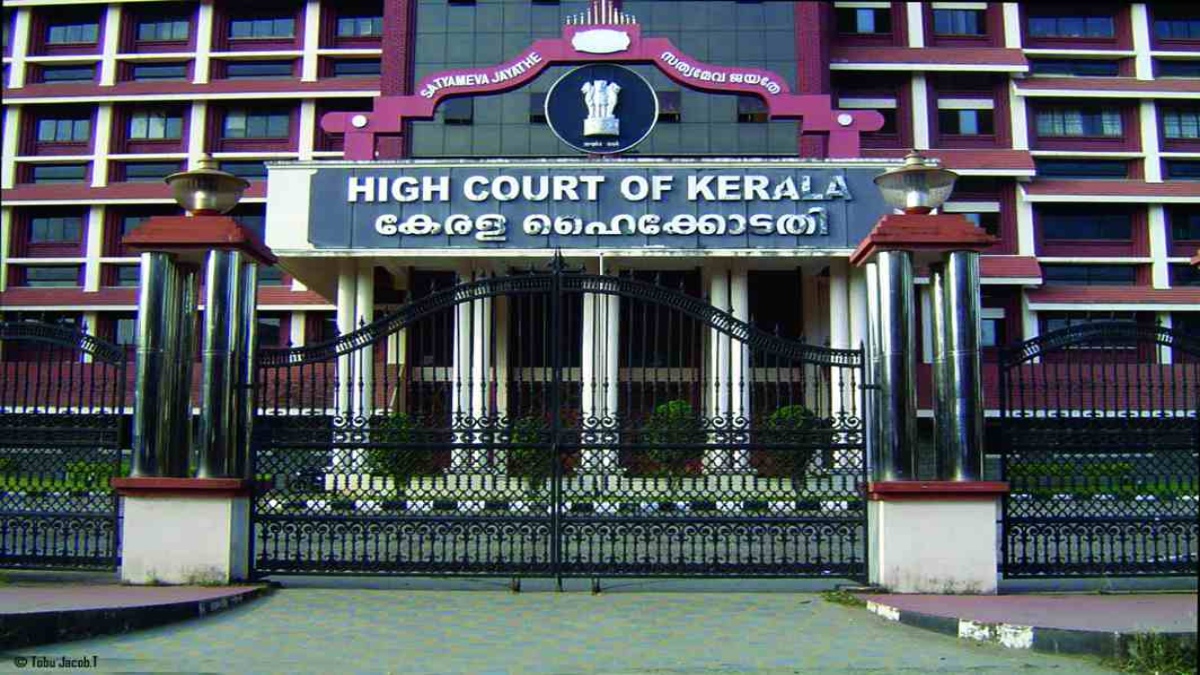
Recently, the Kerala High Court granted divorce to a couple on the ground of cruelty under the Divorce Act, 1869 . Two interesting issues emerge from this judgment – (i) the manner in which the court went about examining whether a case of mental cruelty was made out (ii) the need to recognize irretrievable breakdown of marriage as a ground for divorce.
While examining the issue of cruelty, the Court referred to various judgment of the Supreme Court to hold that determination of cruelty is on a case by case basis depending on the type of life the parties are accustomed to as well as their socio-economic conditions. The Court also reiterated an important point that intention is not an essential element to prove cruelty if “by ordinary sense in human affairs, the act complained of could otherwise be regarded as cruelty”.
In this case, the wife alleged that the husband continuously belittled her by comparing her to other women. He told her that she was not a “wife of his expectations” because she was not “cute” like certain other women he had met. His actions caused humiliation to the wife and strained her health. The Court rightly went on to hold that the conduct of the husband constituted cruelty.
Courts have time and again held that cruelty need not be only physical and includes mental cruelty. However, as a society, we have a tendency to attach far greater weight to physical cruelty because it is visible.
I must add that the problem runs far deeper than the issue of visibility. It is often difficult for families and even judges to accept certain conduct as ‘cruelty’ because we are socially conditioned to make many concessions for a husband’s transgressions in a marriage.
Women, from a young age, are told to centre their lives around the needs and wants of their spouse. Many actions by husbands which demean the confidence of their wives and breach their trust are socially accepted to maintain the peace of the marital home. Even within the legal space, many concessions are made for the husband’s actions in the name of the ‘sacrosanct’ nature of marriage.
Consequently, this judgment is important because the Court refused to condone the actions of a husband who damaged the self-confidence of his wife and impacted her peace of mind.
The other important point raised in this case concerns irretrievable breakdown of marriage. While the Court noted that irretrievable breakdown of marriage is not a ground for dissolution of marriage, it also went on to hold that it has not been able to reconcile the differences between the parties. In the facts of this case, the Court did not find any emotional bond between the parties. Referring to the Supreme Court judgment in Naveen Kohli v. Neelu Kohli (2006), the Court also observed that law cannot turn a blind eye to a situation which is causing misery to the parties.
In my opinion, individuals in unhappy marriages have the right to be liberated, albeit, only after there has been a proper discharge of the responsibilities of the economic and social well-being of the family that is formed as a trust unit resulting from the marriage.
Till the time the legislature does not amend the statutes, the Courts should dilute the rigor of the application of “marital fault” as a ground for a divorce to the lowest threshold and proceed to decide the two issues that are really the core of matrimonial disputes: custody and finances.
The judgment of the Delhi High Court in Sandhya Kumari v. Manish Kumar (2016) is relevant wherein the Court called for blending cruelty with irretrievable breakdown of marriage. The Court held that where there is evidence of the husband and wife indulging in “mutual bickering”, the insistence by one party to retain the marital bond would a relevant factor to decide on issue of cruelty. This is because the “obvious intention” of that spouse is to continue with the marriage to torment the other spouse.
In absence of legislative intervention, the Courts have had to devise innovative methods to work around the fault grounds in law. To ensure complete justice, it is essential that the legislature considers the irretrievable breakdown of marriage as a ground for divorce and develops mechanisms to ensure an exit from the marriage albeit on fulfilling the due to economic obligations. Till the legislature gives this a priority, over burdened courts would be using their time better by lowering threshold of proof for divorce and focussing on matters of custody and finance.
Malavika Rajkotia is a Delhi based lawyer and the author of Intimacy Undone.